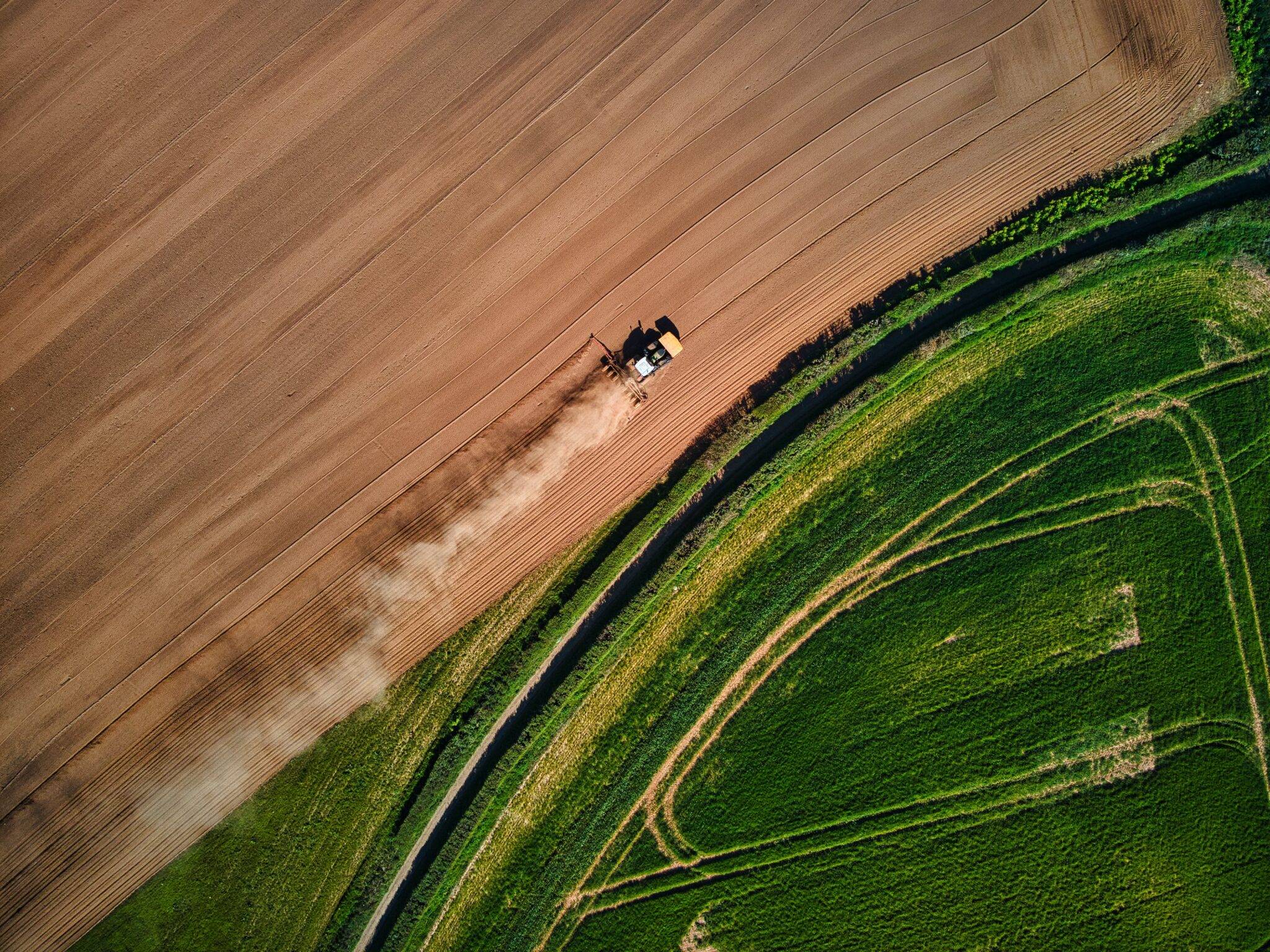
Maddie Chang is a student at Harvard Law School.
In today’s Tech@Work, military AI is being repurposed for worker surveillance, new questions are raised about the impact of automated farming technology on worker safety, and in Brazil, an increase in phone theft hits gig workers especially hard.
As covered in WIRED, a number of tools originally developed for surveillance in military and national security contexts are also being used to monitor workers. For example, one such product first marketed itself as a tool to identify terrorist threats online by scraping data from chat rooms and online forums. It has since applied the same technology in a new arena: “supply chain risk management,” which means identifying the risk of labor strikes before they occur. As the WIRED article notes, it is not clear whether tools of this ilk can actually deliver on their promises; however, their expansion into the world of work and their mere presence may itself chill legally protected organizing activities.
New farming technology, including driverless tractors and autonomous pesticide sprayers, may offer safety improvements but also safety issues that workplace regulators have yet to account for. As reported in Bloomberg this week, the federal-level Occupational Safety and Health Administration (OSHA) and most state-level agencies do not have regulations in place that would obviously apply to autonomous farming tools and vehicles. California OSHA (Cal/OSHA) may be an exception, with a 1970s-era rule that requires a tractor “operator [to] remain in the operator’s seat at all times.” Cal/OSHA used this rule to deny an automated tractor company’s petition to introduce a driverless, all electric tractor last March. The driverless tractor phenomenon parallels an emerging issue with driverless taxis, which, as noted by the LA Times editorial board last week, do not fall neatly into existing regulatory frameworks and pose both public safety and job loss risks for drivers.
Finally, in Brazil, the publication Rest of World reported on the impact of the rise in phone theft on gig workers, who rely on phones not just for communication, but also for their livelihoods. Amidst an increased rate of smart phone robberies in big cities like São Paolo, gig workers delivering food and working on ride-sharing apps have become especially prominent targets, and also face job loss when robbed. Quantifying the impact of this issue is difficult in part because app-based workers are not separately categorized, and so police reports register this type of theft as general petty theft.






Daily News & Commentary
Start your day with our roundup of the latest labor developments. See all
February 22
A petition for certiorari in Bivens v. Zep, New York nurses end their historic six-week-strike, and Professor Block argues for just cause protections in New York City.
February 20
An analysis of the Board's decisions since regaining a quorum; 5th Circuit dissent criticizes Wright Line, Thryv.
February 19
Union membership increases slightly; Washington farmworker bill fails to make it out of committee; and unions in Argentina are on strike protesting President Milei’s labor reform bill.
February 18
A ruling against forced labor in CO prisons; business coalition lacks standing to challenge captive audience ban; labor unions to participate in rent strike in MN
February 17
San Francisco teachers’ strike ends; EEOC releases new guidance on telework; NFL must litigate discrimination and retaliation claims.
February 16
BLS releases jobs data; ILO hosts conference on child labor.